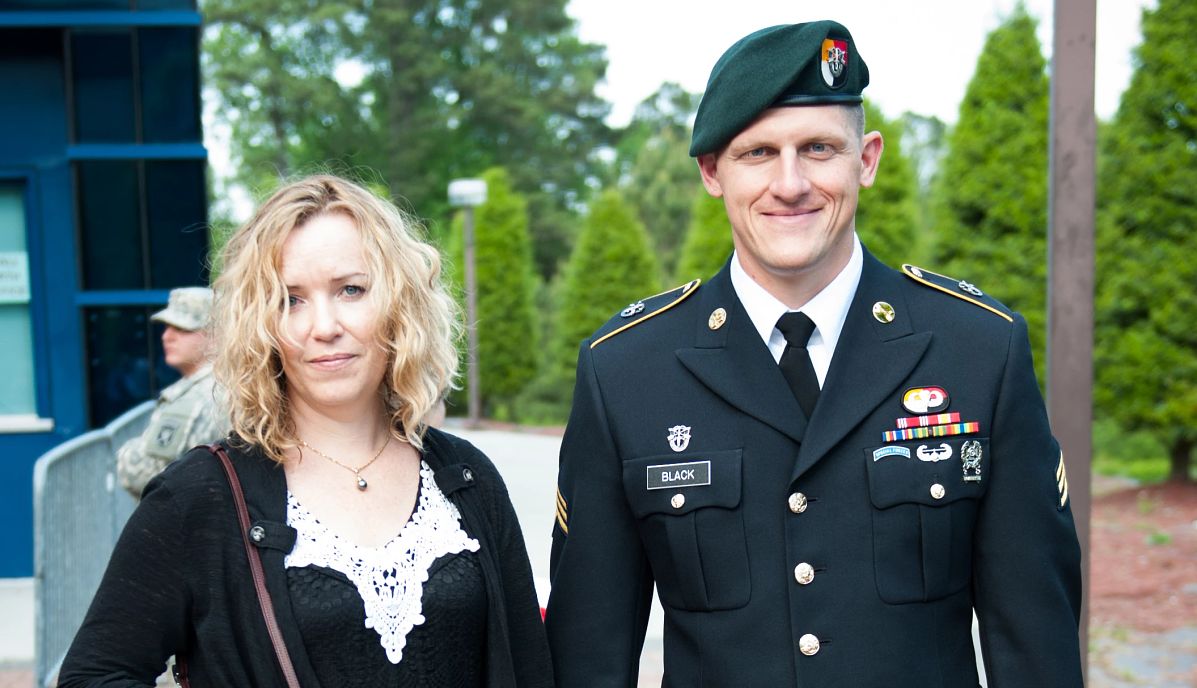Play all audios:
We are told that grief is done in stages. When we’ve never lost a loved one, we have no concept of how it feels, so the idea of stages is comforting. As Americans, we are particularly good
at stages and having a step-by-step guide to our lives. Self-help books and five steps to everything are how we spend many days trying to navigate this complex world. The comforting idea of
the five grief stages comes in handy when we have a friend who has lost a loved one. We don’t worry because we can be confident that they will be as good as new in just five short stages,
and we’ll have our friend back. Their spouse may be dead, but they’ll bounce back; we know it. We’ve read the stages and are certain it can’t take long to work through denial, anger,
bargaining, depression, and acceptance. When a person loses someone they love, they step into grief thinking they know what to expect and how to work through those five predictable stages.
They begin with great hope that after the first year, they will have experienced and worked through each stage and be ready to move on with their lives. In 2017, when I was 39, I was at home
raising two young boys while my 35-year-old husband Staff Sgt. Bryan Black was deployed half a world away in Niger, West Africa. We had our whole lives ahead of us, and he was going to
retire from the Army soon and start another career in finance. We had been planning a Paris trip and were brushing up on our French in preparation. Five weeks into Bryan’s deployment, I
received that fateful knock at the door. At that moment, I learned the reality of grief and that its stages are a myth. The myth lies not in their existence but in the idea that they come in
order, have a time limit and in the belief that the individual stages are never revisited. In the immediate aftermath, you find yourself surrounded by people yet feeling completely
isolated, like an island in a raging storm that no one else sees. The storm threatens to engulf you with each passing hour, but no one notices. It doesn’t take long before the memorial
services are over, everyone is gone, and you realize you are utterly alone in this world, fighting for yourself. You spend your days struggling not to drown and feel angry and scared as the
water continues to inch higher. Michelle Black places a rose on her husband's casket during his military funeral in 2017. Elizabeth Fraser via Planetpix/US Army Photo/Alamy You have
incredible highs and even lower lows. There are days you believe you got through the worst of it, only to be hit harder two days later. The loss of a human life has life-long impacts on
those left behind. The hope and the healing our grieving hearts seek lie in finding a way to lessen the pain and refocus daily life, so the absence is less apparent. BE INTENTIONAL To
refocus and heal, the grieving person must be intentional in their everyday lives. You must talk, but no one will understand that like another grieving person.

